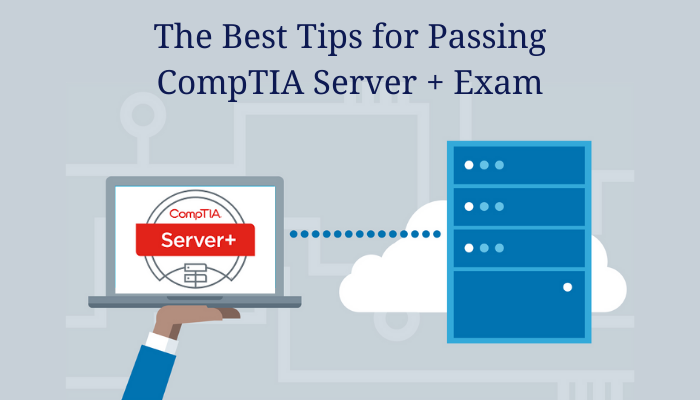Customer Relationship Management (CRM) software, often refereed to as contact relationship management software, has become an essential tool for businesses of all sizes. It helps companies manage their interactions with customers, streamline sales processes and integrate with other business tools. As great as that may sound, most businesses neglect to leverage to full power of this tool.
Considering the fact that 80% of every brand profitability originates from just 20% of retained customers, it’s very important to establish meaningful relationship with your customers. After all, customer loyal to your business have a tendency to spend up to 67% more than customers you just acquired. That’s something to ponder about, wouldn’t you agree? That said, here’s a useful guide on how to get the most out of this amazing software.
Why Customer Relationship Management Software is Essential for Business Success
CRM software is essential for business success because it allows companies to effectively manage their customer relationships. So if you’re wondering what CRM software actually is, it provides a centralized database where businesses can store and access customer information, such as contact details, purchase history, and communication history. This information is crucial for understanding customer needs, preferences, and behaviors, which in turn helps businesses tailor their products and services to meet those needs.
This software also enables businesses to track and analyze customer interactions, such as phone calls, emails, and social media interactions. This data can be used to identify trends, patterns, and opportunities for improvement. By understanding customer behavior and preferences, businesses can make informed decisions and develop targeted marketing campaigns to attract and retain customers.
Streamlining Sales Processes with Customer Relationship Management Software
CRM software streamlines sales processes by providing a centralized platform for managing leads, contacts, and opportunities. It allows sales teams to track the progress of leads and opportunities, assign tasks, and collaborate with team members. This ensures that everyone is on the same page and working towards the same goals.
Again, this software also automates repetitive tasks, such as data entry and follow-up emails. This saves time and allows sales teams to focus on building relationships and closing deals. Additionally, CRM software provides real-time insights into sales performance, allowing businesses to identify bottlenecks, track sales metrics, and make data-driven decisions.
Integrating Customer Relationship Management Software with Other Business Tools
Integrating CRM software with other business tools enhances its functionality and improves overall efficiency. Let’s look over a few example to help you get a better idea of what this software can do.
- Email marketing tools integration – allows businesses to send targeted and personalized emails based on customer data for improved contact relationship management. This increases the effectiveness of email marketing campaigns and improves customer engagement.
- Accounting software integration – enables businesses to streamline invoicing, payment tracking, and financial reporting. This eliminates the need for manual data entry and reduces the risk of errors. It also provides a holistic view of customer interactions and financial transactions, allowing businesses to make informed decisions and improve cash flow management.
- Customer support tools integration – enables businesses to provide better customer service. It allows support teams to access customer information, track support tickets and provide timely and personalized assistance. This improves customer satisfaction and loyalty, leading to increased customer retention and repeat business, while also creating a new level of customer relation management system in the process.
Closing words
Customer relationship management software is essential for business success as it helps companies manage customer relationships, streamline sales processes, and integrate with other business tools. So, if you haven’t already, it’s time to invest in a CRM solution and start reaping the benefits it offers.









